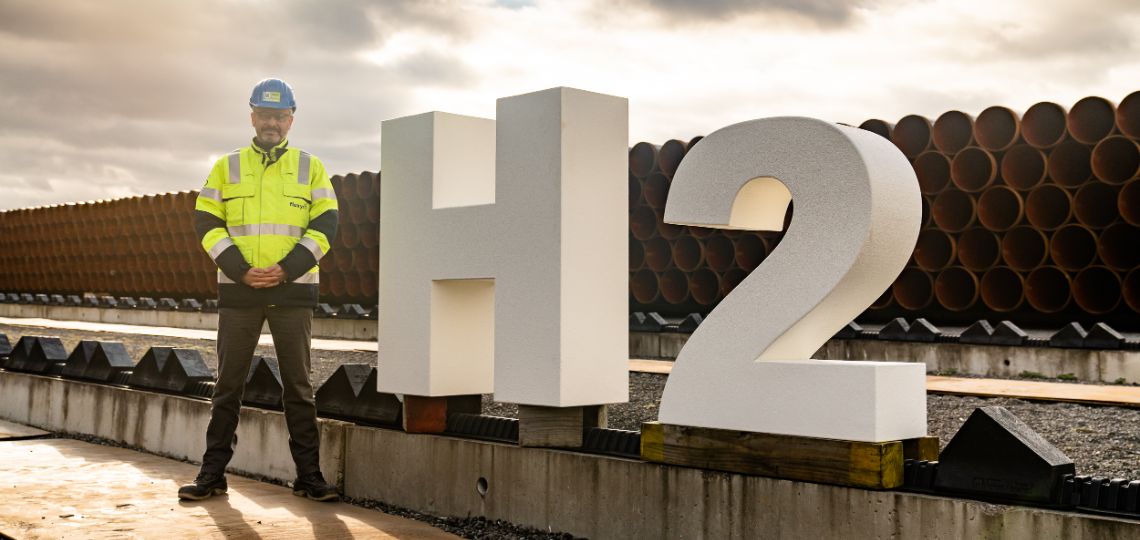Fluxys Pioneers Belgium's Hydrogen Transport Network Expansion
Key Ideas
- Fluxys begins the construction of the first phase of Belgium's hydrogen transport network in Antwerp and Ghent port areas, supported by the Belgian federal government and the EU's Resilience and Recovery Fund.
- The project involves consultations with authorities, regulators, and industrial stakeholders, with Fluxys Hydrogen NV appointed as the Hydrogen Network Operator to manage the open-access network.
- The network's initial phase includes pipelines between Antwerp and Ghent, ensuring flexibility for future energy vectors, with a gradual roll-out starting in 2026 based on market demand and economic conditions.
- The project aims to foster a hydrogen economy with open network access for producers and consumers, supported by a regulatory framework and public mechanisms to balance industrial development and economic viability.
Fluxys has embarked on constructing the first phase of Belgium's hydrogen transport network, focusing on the port areas of Antwerp and Ghent. The initiative is considered a significant step towards establishing a national open-access infrastructure for hydrogen transport, aligning with Fluxys' role as the designated hydrogen network operator. Financial backing from the Belgian federal government, facilitated through the EU's Resilience and Recovery Fund, supports this endeavor. The project, under the supervision of authorities, regulators, and relevant industrial players, is managed by Fluxys Hydrogen NV. The network's development and operation aim to cater to a developing market context cautiously, acknowledging the investment risks involved. The initial phase of the network will see the installation of pipelines connecting Antwerp and Ghent, utilizing versatile technology to accommodate future energy requirements effectively. Scheduled for deployment in phases starting from 2026, the network's expansion will be dictated by market demand and economic circumstances. Emphasizing open access, the infrastructure intends to facilitate connectivity for hydrogen producers and consumers, operating within the regulatory framework established by Belgian authorities. By fostering a hydrogen economy, the project seeks to balance industrial growth with financial viability, utilizing public support mechanisms to manage associated risks and ensure sustainable development.
